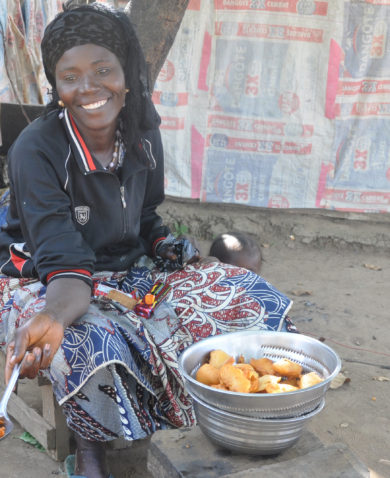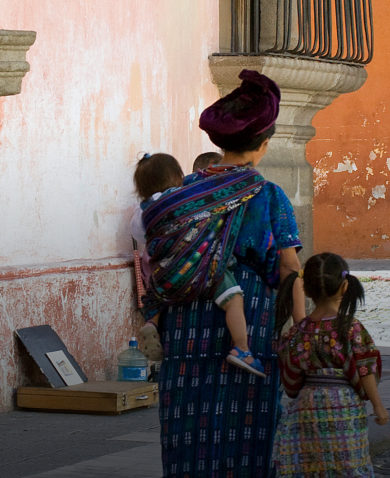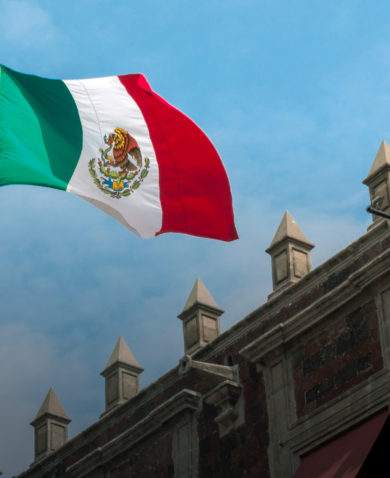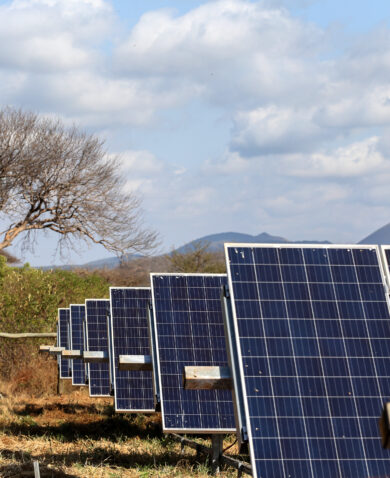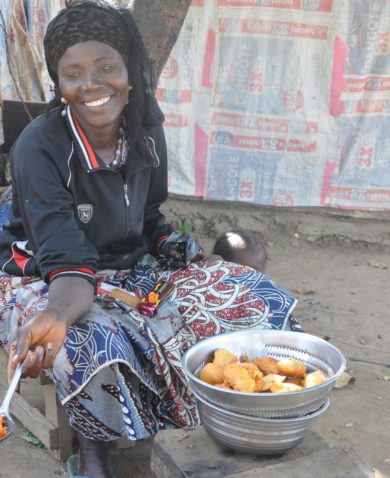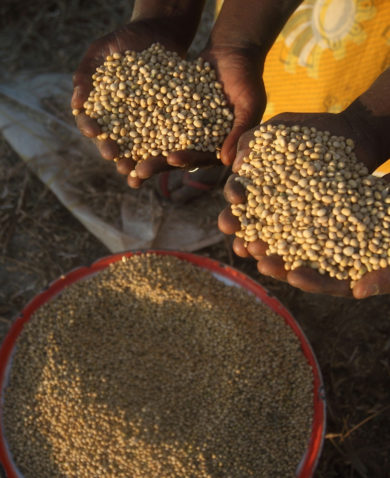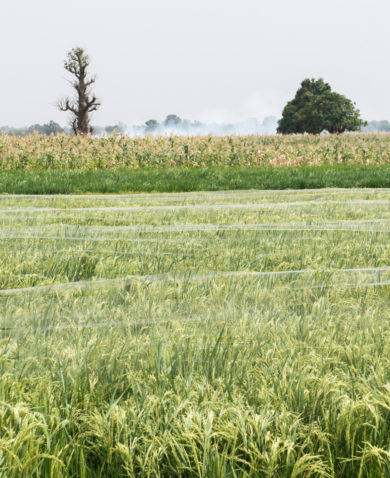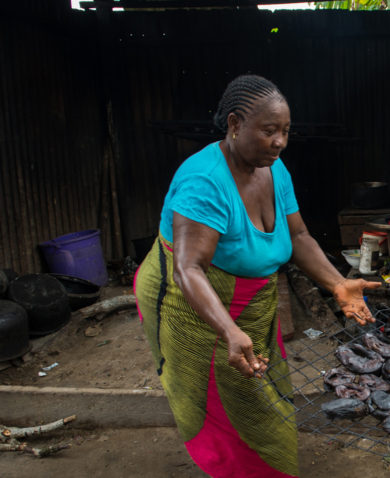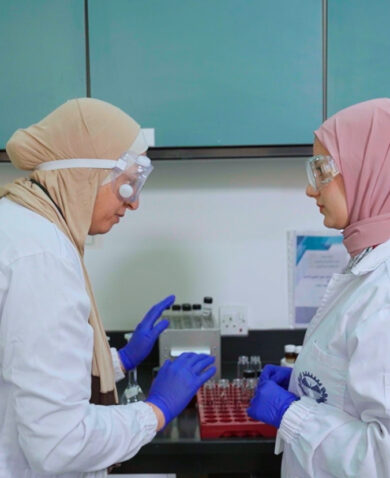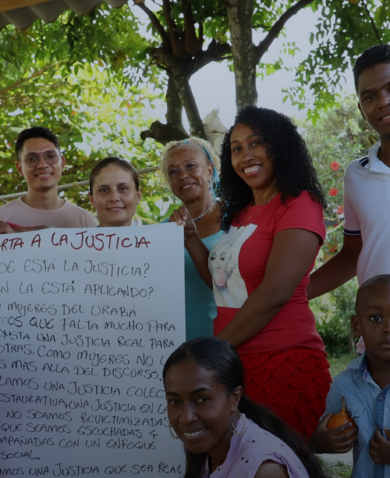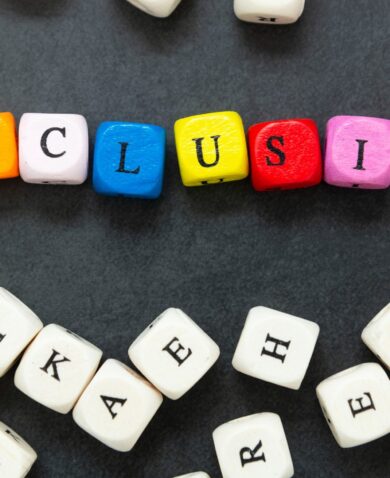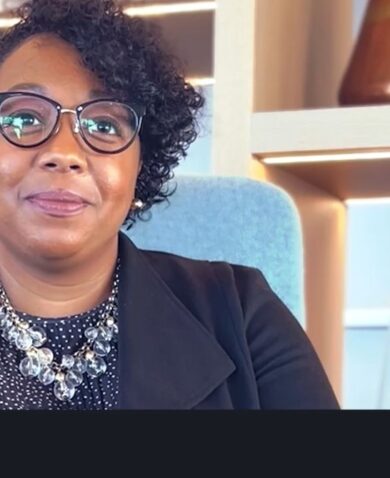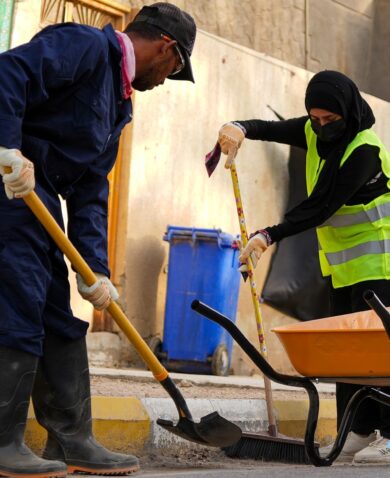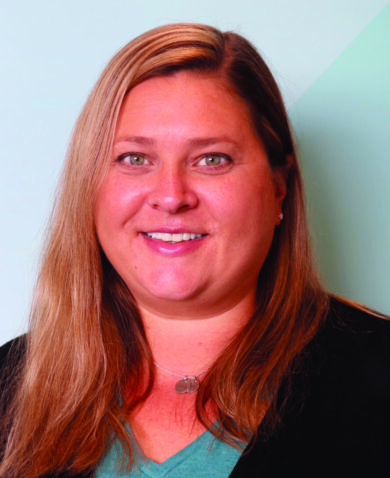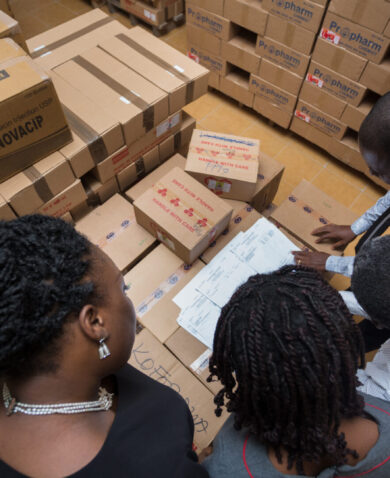
Gender Equality According to the Next Generation
January 10, 2017 | 3 Minute ReadKent Tangcalagan shares recommendations from a recent policy paper on gender inequality in Southeast Asia and Europe, written from a youth perspective.
As governments all over the world attempt to address global issues, youth bring an important ability to challenge leaders to look at issues from a different perspective. Youth often bring innovative angles towards addressing social and economic challenges. One of these challenges that continues to persist in both Southeast Asian and European nations is gender inequality and how it can be resolved through policymaking. With surmounting recognition of the role of youth in gender equality policymaking, international organizations like UN Women, UNDP, and the World Bank have supported platforms to integrate youth perspectives into the gender equality discourse.
New policy recommendations to promote gender equality
As a gender professional in the Philippines, I participated in a similar youth platform organized by the Young Initiative on Foreign Affairs and International Relations (IFAIR) to draw on our experiences to promote policies for gender equality, with support from Chemonics. In 2016, I joined 19 other young researchers and professionals from 11 countries in Europe and Southeast Asia to write a gender equality policy paper which we presented to academic, political, and civil society institutions in both regions. The collaborative work, “Gender Equality: An EU-ASEAN Interregional Perspective on Policy Making,” highlighted significant policy recommendations:
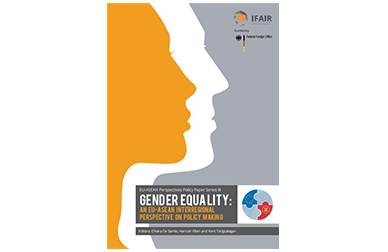 Shape gender-sensitive early education. We documented evidence on gender stereotypes which are culturally-embedded in most countries. Teachers, educators, and educational institutions need to work on developing gender-sensitive curricula that reduce barriers to personal and economic development created by sexism. For example, reducing the focus on males as being traditionally in leadership roles and women as being traditionally in household roles. Another example is using textbooks that emphasize the role of women in history, science, mathematics, politics, and literature, where only men are usually highlighted.
Shape gender-sensitive early education. We documented evidence on gender stereotypes which are culturally-embedded in most countries. Teachers, educators, and educational institutions need to work on developing gender-sensitive curricula that reduce barriers to personal and economic development created by sexism. For example, reducing the focus on males as being traditionally in leadership roles and women as being traditionally in household roles. Another example is using textbooks that emphasize the role of women in history, science, mathematics, politics, and literature, where only men are usually highlighted.- Get men on board in gender equality strategies. We identified traditional and technology-based tools to support the engagement of men in addressing gender stereotypes. For instance, we recommended cross-border social media communication campaigns for reframing the “care” concept, which would highlight male caregivers and underline paternal leave best practices. This would complement interregional efforts such as UN Women’s #HeForShe campaign, in which male gender champions talk about their caregiver role or their stand against gender-based violence, female genital mutilation, and more.
- Integrate gender mainstreaming into governmental planning and budget allocation. We recognized that while laws and policies are in place to promote gender equality in most countries, there are problems with their implementation. Gender goals and objectives, as well as strategies to attain them, should be mainstreamed into the budgetary planning process so that gender-responsive activities will be allocated a sufficient budget.
- Promote innovative, high-value start-ups for female entrepreneurs. Lack of access to decent work opportunities, capital, and time for women’s economic productivity in both regions are usually associated with discrimination and extra household responsibilities. Female entrepreneurs can be empowered by facilitating access to skills training, funds, consulting, incubators, and competitions. Addressing the lack of time for women’s economic productivity, however, might be more challenging considering their perceived multiple roles. One possible strategy is tapping technology and innovation to help women manage their businesses at home, save labor time, or reach out to support networks.
The underlying principles of these recommendations are in line with Chemonics’ continued commitment to ensuring that its development projects around the world are designed and managed to promote gender equality and inclusion. These recommendations will also be integrated into a policy guidebook to be produced by UNDP, International IDEA, and the Community of Democracies. This guidebook will serve as a resource that consolidates global knowledge and experiences in strengthening gender equality and the political empowerment of women.


